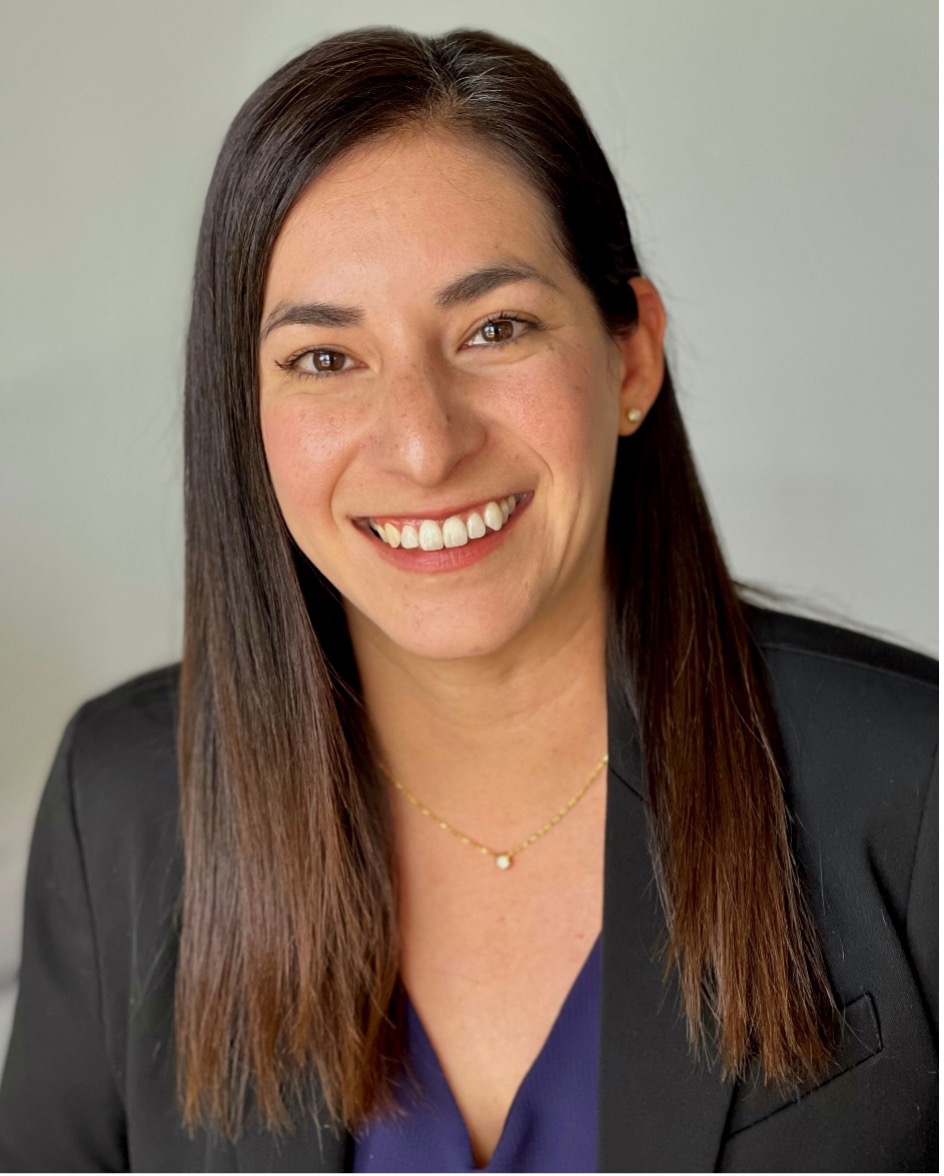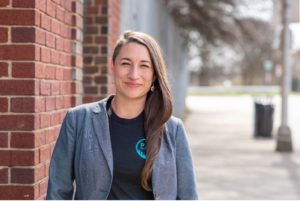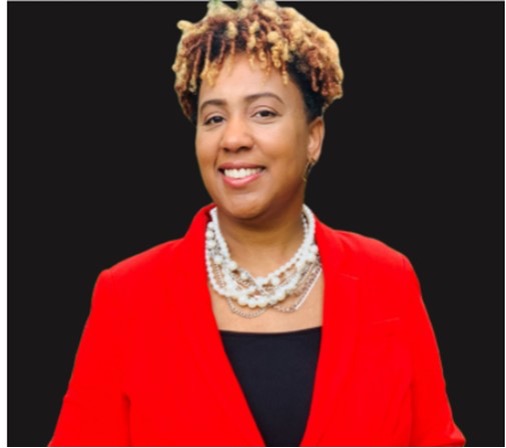Identifying and Triaging Calls: 911, 311, 988, and Beyond
This breakout session will focus on how communities are triaging crisis calls to 911, 311, and local crisis lines to ensure that each call receives the most appropriate response. This session will also address how communities are preparing for 988 and how 988 will coordinate with 911. Representatives from various jurisdictions will share the strategies they use to triage calls, including how staff are trained to determine what kind of response each call requires as well as the call scripts and decision trees that are available for dispatchers and clinicians embedded within call centers. Sites will also present data that they used to determine which types of calls could be routed to community responders or other specialized responses and to track outcomes.

Sarah Wurzburg, Program Director, Behavioral Health, CSG Justice Center
Sarah Wurzburg oversees technical assistance focused on behavioral health, diversion, and reentry, and serves as the lead for projects related to substance use, mental illnesses, and housing. She leads the work on the development of community responder programs, including a toolkit that supports sites in development of non-police responses to people in crisis. Previously, Sarah was a research analyst at the National Association of State Alcohol and Drug Abuse Directors, Inc., where she was the team lead for Youth and Women’s Services and was the primary author of research reports on youth substance use disorder treatment, driving under the influence, and Medicaid. Sarah has also worked as a juvenile court advocate and in community substance use prevention. She received her BA from DePauw University in English writing and her MA in social services administration with a focus on policy analysis from the University of Chicago.

Marisa Aguilar, EMCOT Practice Manager, Integral Care
Marisa Aguilar is the practice manager of the Expanded Mobile Crisis Outreach Team at Integral Care. Since joining Integral Care seven years ago, Aguilar has contributed to their mobile crisis services and crisis intervention training for first responders. She has played a key role in bridging the gap between behavioral health services, emergency medical services, and criminal justice. Aguilar has presented workshops at the 2016 and 2017 American Association of Suicidology Conference and 2019’s Texas Library Association Conference.

John Draper, Executive Vice President of National Networks, Director of the National Suicide Prevention Lifeline, Vibrant Emotional Health
Dr. John Draper has nearly 30 years of experience in crisis intervention and suicide prevention work and is considered an international expert in crisis contact center practices (hotline, online chat, text services, etc.). Since 2004, he has been the executive director of the SAMHSA-funded National Suicide Prevention Lifeline (800-273-TALK), overseeing all aspects of this service—including its sub-network, the Disaster Distress Helpline—and the Lifeline’s partnership with the VA in administering the Veteran’s Crisis Line. As an expert in crisis services, Draper has regularly engaged with print, broadcast, and web-based media for over 20 years. He has been quoted in The New York Times, ABC News, The New York Post, and TIME among others.

Sandri Kramer, Suicide Prevention Program Director and Project Manager, Didi Hirsch Mental Health Services
Sandri Kramer, a founding member of the Los Angeles Suicide Prevention Network, has over 25 years of experience in suicide prevention/intervention and crisis center work. As Didi Hirsch’s Suicide Prevention Project and Grants Manager she focuses on program development, community partnerships, and public awareness/training. After many years of grassroots work with law enforcement partners, overseeing the launch of LAPD’s 911 call diversion project is one of her proudest achievements. She is also currently working on expanding SPC’s role in emergency management as a core center of the national Disaster Distress Helpline, strengthening the center’s collaborative partnerships with numerous law enforcement agencies, and getting ready for 9-8-8. She serves as vice president on the Board of Directors for the National Association of Crisis Organization Directors, as a member of the Board of the Emergency Network Los Angeles, and as a member of LA’s Office of Violence Prevention Community Partnership Council.

Moki Macias, Executive Director, Policing Alternatives and Diversion (PAD) Initiative
Moki Macias has served as the executive director of the Atlanta-based Policing Alternatives & Diversion Initiative (PAD) since its launch in 2017. PAD reduces arrest and incarceration for activities related to mental health, substance use, and extreme poverty through two strategies: an immediate alternative to arrest for individuals detained by police and alternate harm-reduction response to community referrals through the City of Atlanta 311 line. Macias previously worked at the Southern Center for Human Rights and the Annie E. Casey Foundation and co-founded BLOCS (Building Locally to Organize for Community Safety). She received a master’s in city and regional planning from the Georgia Institute of Technology and a BA from Mount Holyoke College.

Joy Quarles, Supportive Services Delivery Manager (311), City of Atlanta, GA
Joy Quarles is the supportive services delivery manager for the City of Atlanta. The supportive services team is a newly created team that falls under the Department of Customer Service/ATL311. Quarles’s supportive services team manages the Community Referrals program, which provides residents with the option of reporting non-emergency areas of concern related to substance use, mental health, and/or poverty, with the supportive services team serving as the non-emergency point of contact for these calls. She started her career with the City of Atlanta as a customer service manager for the Atlanta Police Department. Quarles received her BS in primary education and a BS with a dual degree in psychology and human services from Clayton State University.

Kenneth Murphy, Lieutenant/Director of Emergency Communications Division, Austin Police Department
Ken Murphy is a lieutenant with the Austin Police Department and has served as the Emergency Communications division director for the last five years. He leads a team of over 200 telecommunicators and support staff including administrative assistants, a training team, and IT support analysts. Murphy has over 29 years of law enforcement experience and has worked in various positions including serving as an executive lieutenant to the Office of the Chief, a watch commander, and a detective. He has also served on the SWAT Team and was a firearms instructor. Prior to beginning his career in law enforcement, Murphy served in the United States Air Force. He has received advanced training in numerous aspects of policing. Murphy attended the West Point Leadership Academy and has completed the Center Manager Certification Program for Emergency Communications Centers, becoming one of just over 2,300 people in the world to complete that course.

